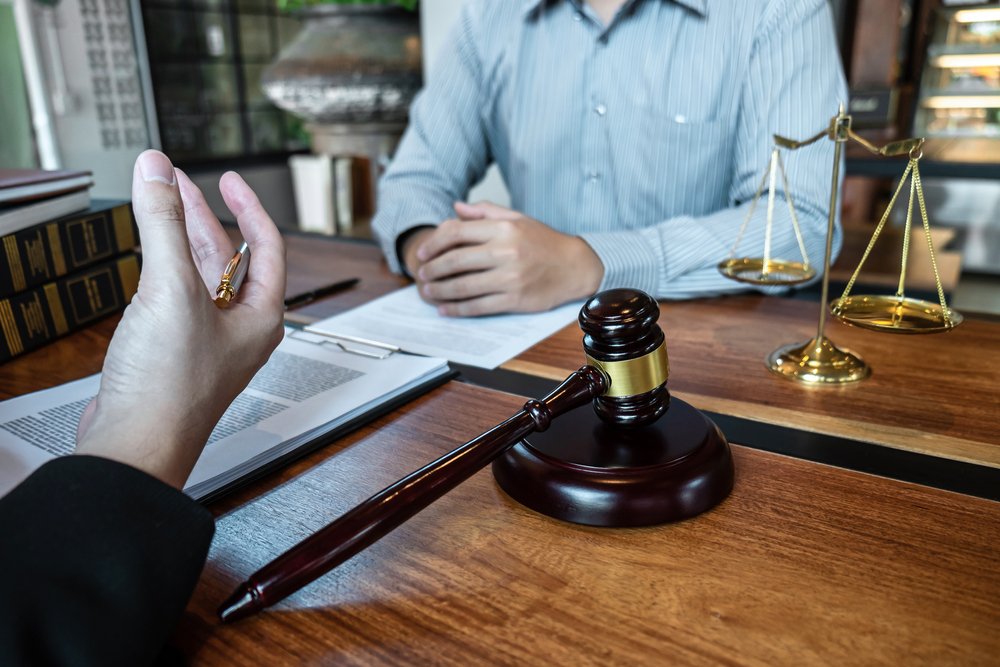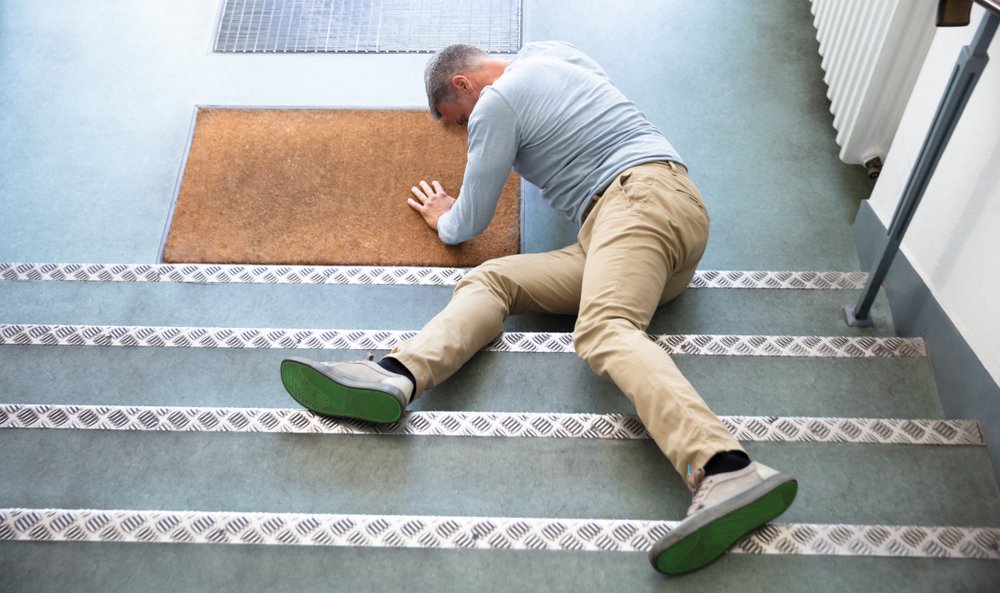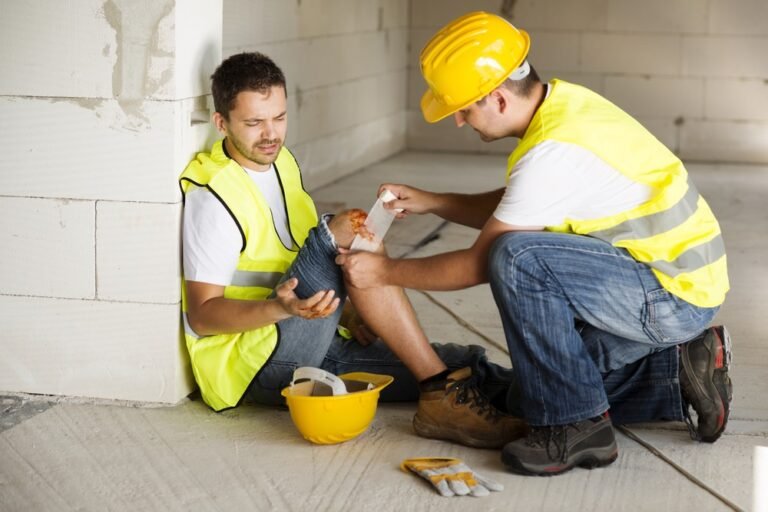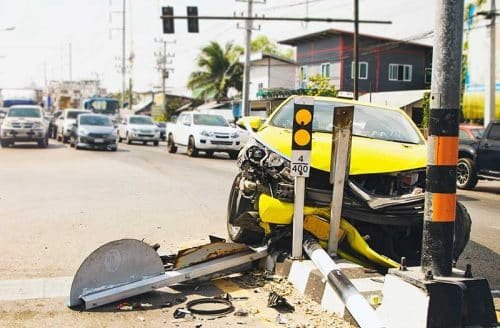Slip and fall accidents are more common than most people realize, especially in bustling cities like New York. One minute you’re browsing the aisles, and the next you’re on the ground—shaken, hurt, and confused about what just happened. But once the shock wears off, a question naturally arises: Who is legally responsible for your injuries?
This is more than just a matter of clumsiness or bad luck. In many cases, a slip and fall accident is the result of negligence, and understanding who may be held accountable is the first step toward getting the justice you deserve.

Criminal Defense Lawyer in New York
📍 147 East 82nd Street Suite 6B, New York, NY 10028
📧 Email: Ira@irapintel.com
📞 Call: (917) 941 – 4094
Understanding Premises Liability in New York
New York law requires property owners—especially store owners—to maintain a safe environment for visitors and customers. This legal concept is known as premises liability. If a hazardous condition exists (like a wet floor, uneven surface, or cluttered walkway) and someone gets injured as a result, the property owner could be held responsible.
But liability isn’t automatic. In order to pursue a claim, you typically have to prove the following:
- The store owner or staff knew about the hazardous condition, or should have known through regular inspection.
- They failed to take reasonable steps to fix or warn about the hazard.
- That failure directly caused your fall and injuries.
Whether you’re in a grocery store, retail chain, or local corner shop, these elements remain the cornerstone of any premises liability claim in New York.
Common Causes of Slip and Fall Accidents in Stores
Understanding what leads to these incidents can help illustrate how liability plays out. Common hazards include:
- Wet or recently mopped floors without warning signs
- Leaking refrigerators or coolers
- Items left in walkways
- Poor lighting
- Damaged flooring or loose rugs
- Ice or snow at store entrances during the winter months
In many of these situations, a store’s failure to promptly address or warn about the danger could make it liable for resulting injuries.
What If the Store Claims You Were at Fault?
In many cases, the store (or its insurance company) may argue that the slip was your fault, not theirs. They might say you weren’t watching where you were going, or that the hazard was obvious and should have been avoided.
New York follows a comparative negligence rule. This means you can still recover damages even if you were partially at fault—your compensation is just reduced by the percentage of fault assigned to you. For example, if you’re found to be 20% at fault, you could still recover 80% of the total damages.
This is why it’s essential to have legal representation that can gather evidence, challenge questionable claims, and ensure your side of the story is clearly heard.
Criminal Charges and Slip and Fall Accusations
Most slip and fall claims are civil matters, meaning they involve compensation, not jail time. But what if someone accuses you of faking the fall, tampering with the scene, or filing a fraudulent claim?
In such rare but serious cases, a slip and fall accident can take a sharp turn into criminal territory. Allegations of fraud can lead to criminal charges, potential jail time, and permanent damage to your reputation. Even if you’re innocent, navigating such claims without a skilled criminal defense attorney can be a serious risk.
What Should You Do After a Slip and Fall?
If you’ve slipped in a store, here are the key steps to take immediately:
- Document the scene – Take pictures of the hazard, your injuries, and the general area.
- Report the incident – Tell a manager or store employee right away, and request a written report.
- Gather witness information – If anyone saw the fall, get their contact details.
- Seek medical attention – Some injuries aren’t immediately obvious, and records will help your case.
- Avoid signing anything or giving detailed statements Until you’ve spoken to an attorney.
Even a small mistake during this stage can impact your ability to recover compensation or defend yourself if accused of wrongdoing.
When to Contact a Lawyer
Whether you’re seeking fair compensation or facing legal accusations, you shouldn’t handle it alone. Navigating the legal system—especially in a city like New York—can be overwhelming. An experienced criminal defense and injury attorney can help protect your rights, assess the strength of your case, and guide you toward the best possible outcome.

If you’ve been involved in a slip and fall accident and need legal clarity, don’t wait until things spiral out of control.
Criminal Defense Lawyer in New York
📍 147 East 82nd Street Suite 6B, New York, NY 10028
📧 Email: Ira@irapintel.com
📞 Call: (917) 941 – 4094
FAQs
Who is responsible if I slip and fall in a store?
In most cases, the store owner or property manager is responsible if the accident was caused by a hazardous condition they failed to address. This falls under New York’s premises liability laws.
Can I sue a store if I was partially at fault for my fall?
Yes. New York’s comparative negligence rule allows you to recover damages even if you were partially responsible, though your compensation may be reduced accordingly.
What if I’m accused of faking a slip and fall?
Allegations of fraud or false claims are serious and can result in criminal charges. In such cases, you should consult an experienced criminal defense lawyer immediately.





